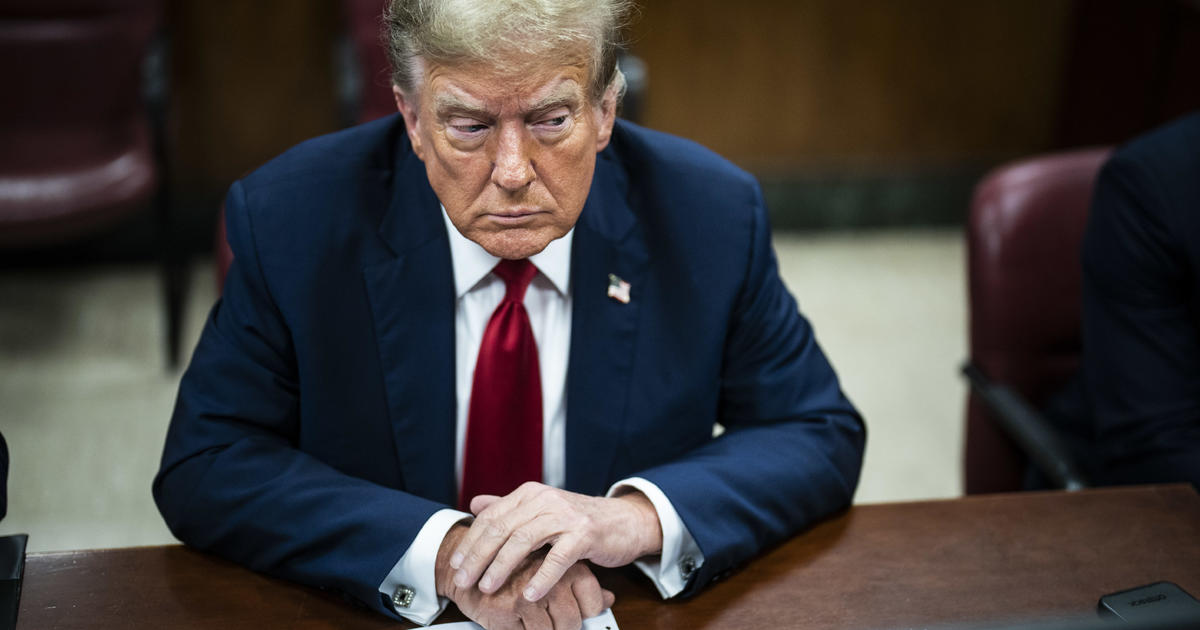SEC may blunt law to disclose gap between pay of CEOs, workers
The rising fortunes of America’s top 1 percent of earners may be most evident in the skyrocketing pay of the country’s chief executives. Yet a measure that would help track the growing gap between CEOs and workers appears to be in question under President Donald Trump’s administration.
The twist comes after surging CEO pay drew the ire of Mr. Trump while on the campaign trail, with the then-candidate calling executive pay a “joke” and a “disgrace.” He complained that rich payouts were often approved by corporate boards that were filled with the CEOs’ buddies.
That’s a sentiment that many Americans share, regardless of their political leanings. Average CEO pay for the biggest companies surged almost 1,000 percent from 1978 to 2014, compared with just 10.9 percent for the typical worker, according to the left-leaning Economic Policy Institute.
That backdrop was part of the inspiration for the CEO-to-worker disclosure rule, which was set to go into effect this year. Under the Dodd-Frank financial reform law, publicly traded companies were slated in January to begin disclosing the ratio of their CEO pay to median employee pay for 2017. That’s now on hold, according to a Trump appointee.
“I have also directed the staff to reconsider the implementation of the rule” while the Securities and Exchange Commission gathers more data on its implementation, according to a Monday statement from acting SEC Chairman Michael S. Piwowar, who was appointed by Mr. Trump to the role last month.
Piwowar, who has served as an SEC commissioner since 2013, objected to the rule when it was approved in 2015. At the time, he said the rule would cause the agency to spend its “limited resources” on rules that “unambiguously harms investors, negatively affects competition, promotes inefficiencies and restricts capital formation.”
Piwowar’s objections have some powerful supporters: the country’s CEOs. The Business Roundtable, an association of CEOs, has argued that the rule would be costly and result in “immaterial, if not misleading, information to investors,” among other issues.
The shift in SEC policy comes at a time the Trump administration has signaled that’s it’s preparing to scale back Dodd-Frank. Mr. Trump has called the 2010 law a “disaster,” and last week took his first step in eliminating regulations implemented under the statute when he signed an executive order asking the U.S. Treasury Department to review the law.
While a small part of Dodd-Frank, the CEO-pay ratio disclosure rule is viewed by worker advocates as a key tool for making companies’ pay practices more transparent and for highlighting mounting income inequality, a central issue during the 2016 presidential campaign. If the pay disclosure rule were to move forward, companies would begin disclosing the ratio of CEO pay to that of rank-and-file employees when they issue their proxy statements in 2018.
For now, the future of the rule appears uncertain, pending the SEC’s review of public and corporate comment. The agency is collecting comments over the next 45 days at its website, and said it will make a decision “as promptly as possible.”
“Issuers are now actively engaged in the implementation and testing of systems and controls designed to collect and process the information necessary for compliance,” Piwowar said on Monday. “However, it is my understanding that some issuers have begun to encounter unanticipated compliance difficulties that may hinder them in meeting the reporting deadline.”



